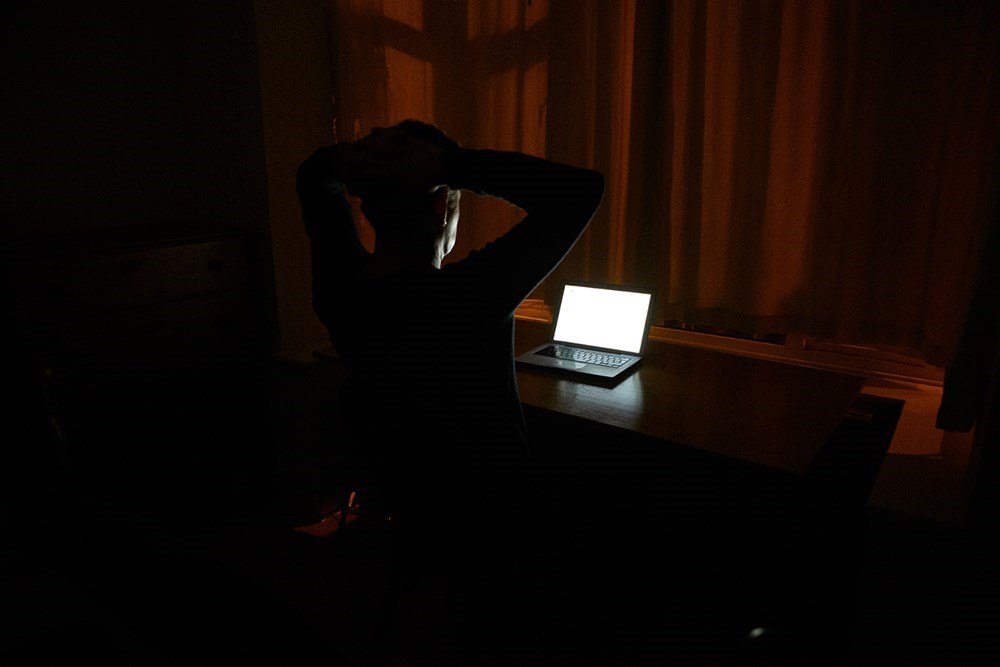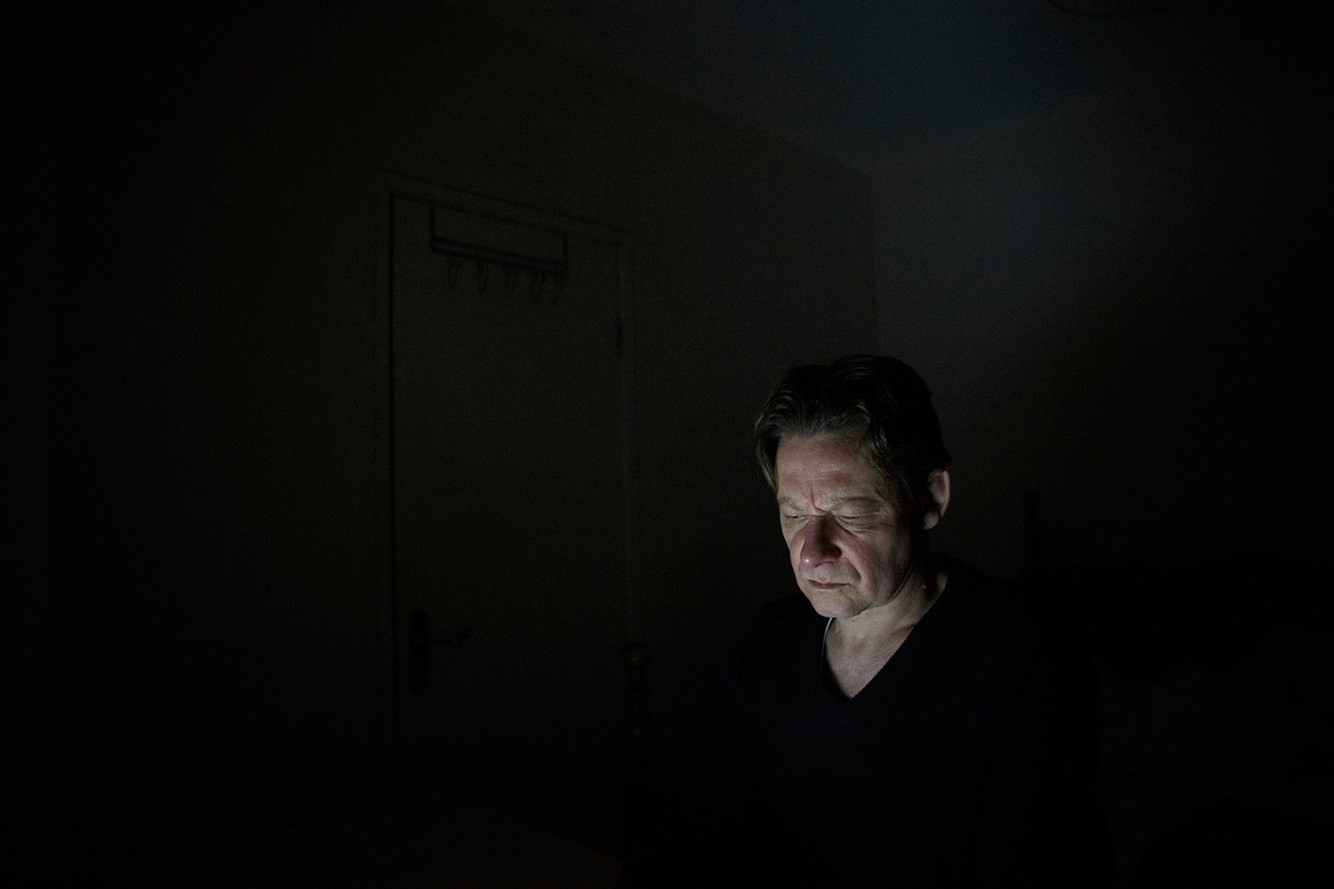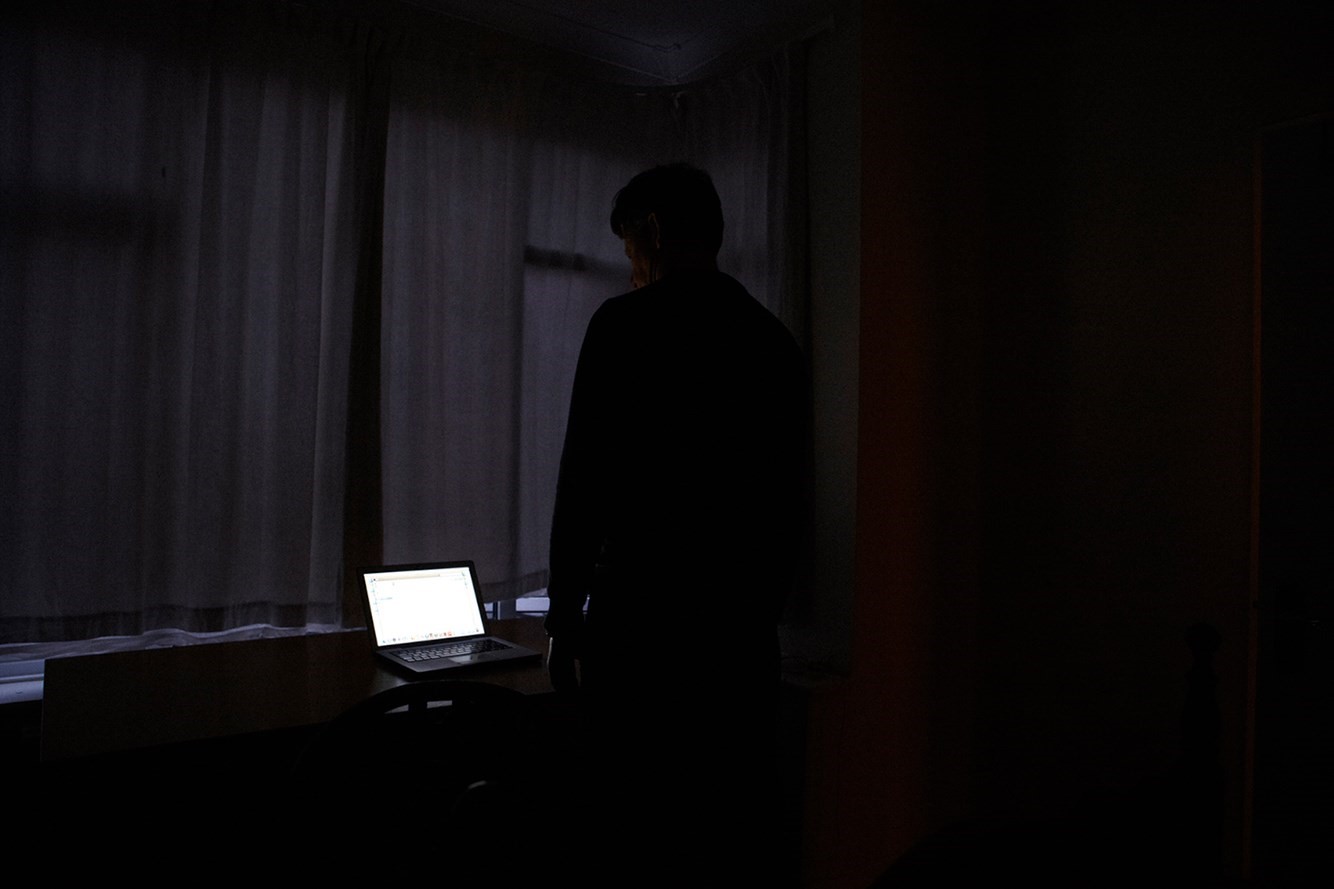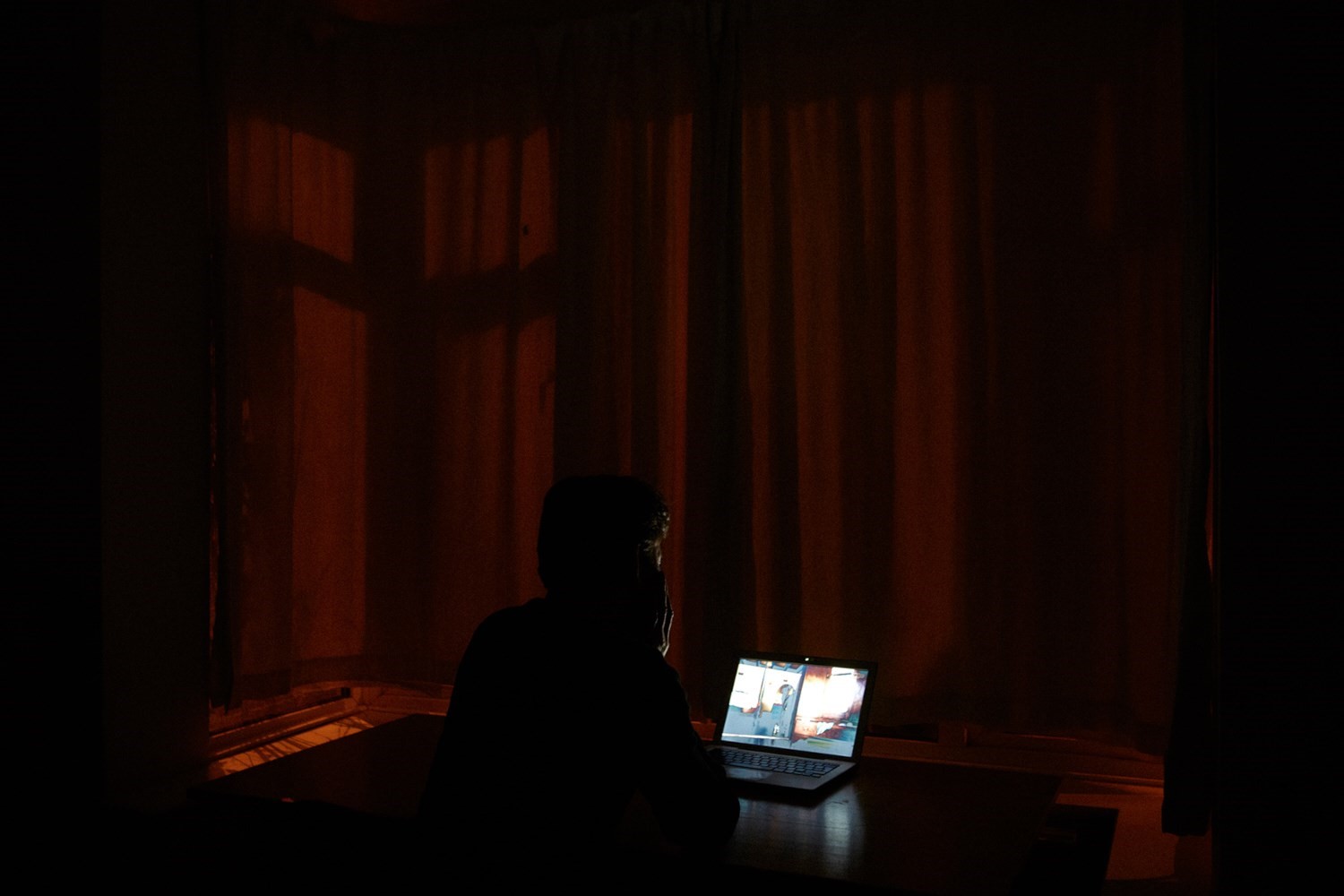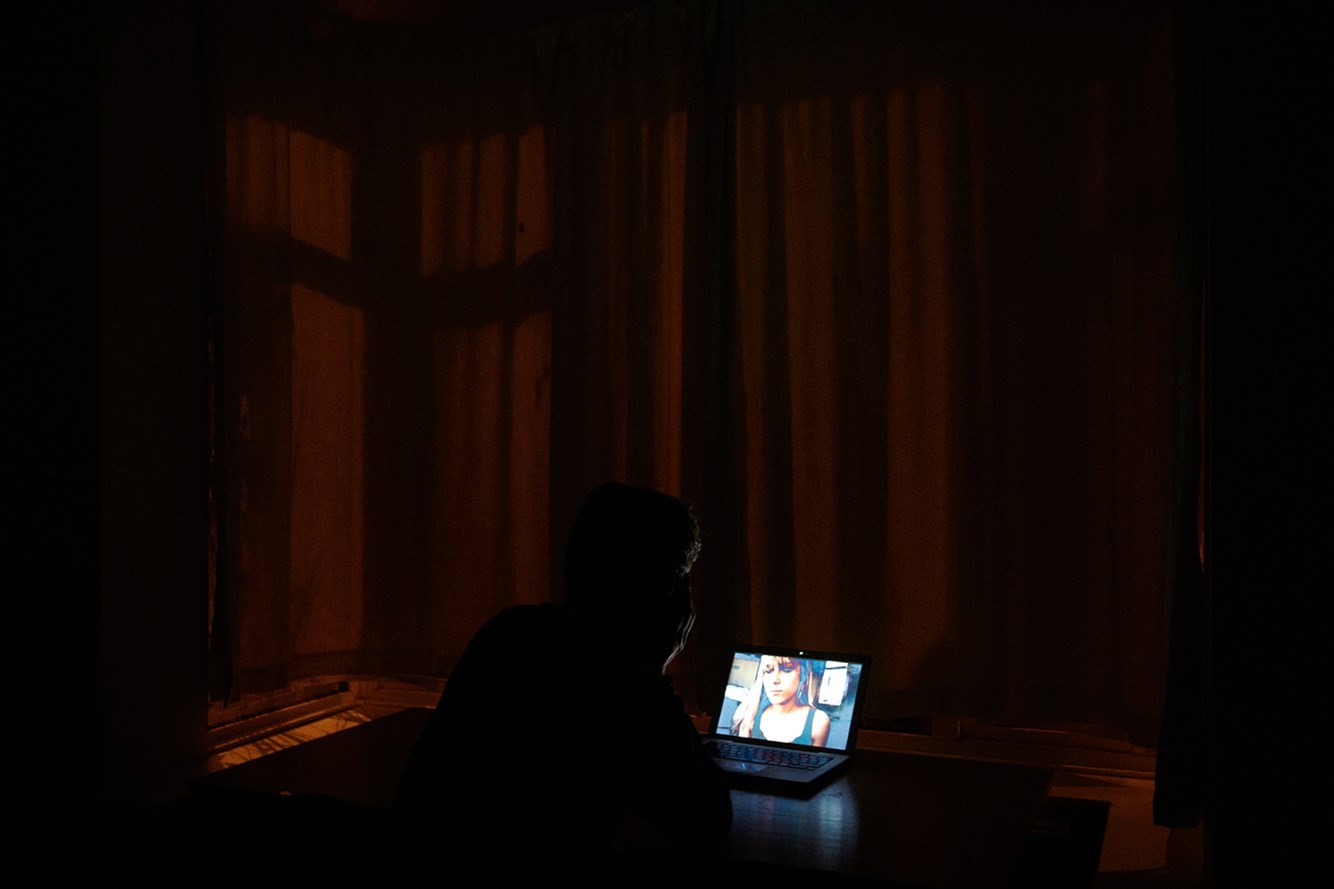Before the technological advances of FaceTime, Skype and Snapchat et al, long distance relationships – whether romantic or platonic – were compassionately maintained via lengthy text messages, emails and even handwritten letters (scented, if you're superbly lucky). And while nothing compares to skin-on-skin proximity, it's now possible to establish a more geniune human connection through the digital mediums of your choice. But, where does this leave us, and how does the online landscape alter our own perspective and standards of a functioning kinship or romance? It's a question posed by Polish photographer, Magdalena Siwicka, who examines the capacity in which love and intimacy operates long distance in her lenient photo series, Daughter.
"Since I moved to London from Poland there hasn't been a single day that I haven't missed the family that I left behind," she says. "I use Skype to stay in touch with them. Even though these conversations are supposed to bring us closer, they can leave us very empty." In the following images – which are evocatively lit by the jarring, blue-ish glare of laptop screens – Siwicka captures a Skype conversation between her friend Lena from Poland, who now resides in Los Angeles, and Lena's father Slawek, who's based in England. "Their conversation represents the lives of many people who, in this age, can live in a way that has never been possible before. The intimacy between them during that conversation reflects both distance and loneliness, and mirrors my own conversations with people I miss."
Siwicka, who belongs to the contemporary photography collective Gasoline, explains of her practice: "I mostly photograph people I know and feel close to. That way there's a strong intimacy between me and the people I choose to take pictures of. My favourite image from the series shows Slawek sitting with his hands behind his head in front of the blank screen [below] – showing his waiting and Lena's absence. This is the paradox of living with new technology that enables us to communicate, but remove us from the moment."
